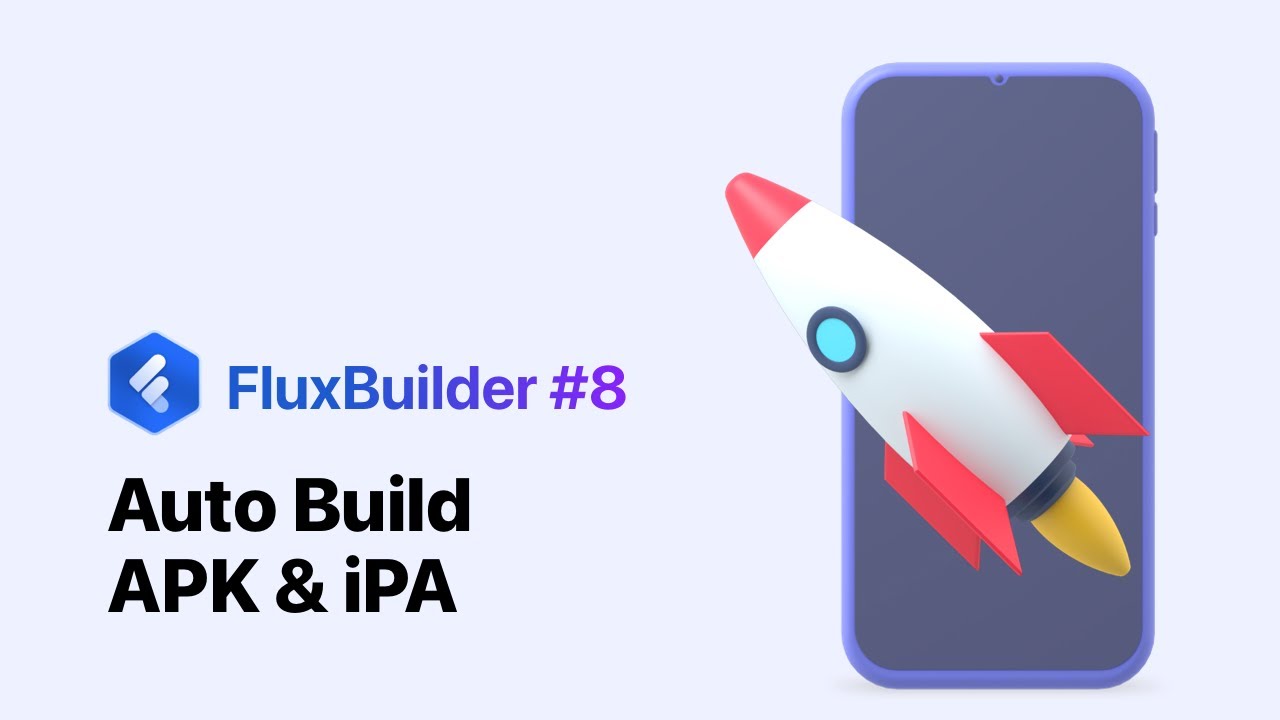With the ever-growing diversity in the world of mobile applications, users often find themselves in situations where they wish to transfer or convert apps from one platform to another. One of the most common conversions is from Android’s APK format to iOS’s IPA format. This conversion process, although not straightforward, is possible with the right tools and knowledge.
Understanding APK and IPA Formats
Before diving into the conversion process, it’s important to understand the file formats involved:
APK (Android Package): This is the file format used by the Android operating system for distributing and installing mobile applications. It contains all the necessary files for an app to be installed on an Android device.
IPA (iOS App Archive): This is the file format used by iOS for distributing and installing mobile applications. It contains all the files needed to run an app on an iPhone, iPad, or iPod Touch.
Why Convert APK to IPA?
There are several reasons why one might want to convert an Android app (APK) to an iOS app (IPA):
- Cross-Platform Compatibility: If you’re developing an app for both Android and iOS, you may want to convert it to ensure it can be used on both platforms.
- Testing Purposes: Developers may want to test their Android apps on iOS devices or vice versa to ensure compatibility and functionality.
- App Availability: Some apps may not be available on both platforms, and converting them allows users to access apps that were previously exclusive to one operating system.
Converting APK to IPA
Converting APK to IPA involves several steps and can be a complex process. Here’s a general overview:
- Decompile APK: First, you’ll need to decompile the APK file to access its source code and resources. Tools like APKTool or jadx can be used for this purpose.
- Translate Source Code: The source code and resources need to be translated from Java (Android) to Objective-C or Swift (iOS).
- Recompile IPA: Once the source code has been translated, it needs to be recompiled into an IPA file. This can be done using Xcode, Apple’s integrated development environment (IDE) for iOS app development.
- Testing and Debugging: After the IPA file is created, it should be thoroughly tested and debugged to ensure that it works as intended on iOS devices.
- Distribution: Finally, the IPA file can be distributed and installed on iOS devices using Apple’s App Store or other distribution channels.
Challenges and Limitations
While converting APK to IPA is possible, it comes with several challenges and limitations:
- Technical Expertise: The conversion process requires a deep understanding of both Android and iOS development, as well as proficiency in programming languages like Java, Objective-C, and Swift.
- Resources: Converting an app from one platform to another can be a resource-intensive process, requiring time, effort, and access to the necessary tools and software.
- Performance Issues: Apps converted from one platform to another may not perform as well as native apps, as they may not fully utilize the capabilities of the target platform.
- Legal and Licensing Issues: Converting an app from one platform to another may raise legal and licensing issues, especially if the app contains copyrighted material or proprietary code.
Conclusion
While converting an APK to an IPA is technically possible, it is a complex and resource-intensive process that requires deep technical knowledge and proficiency in programming languages. It is also important to consider the legal and licensing implications of converting an app from one platform to another.
















